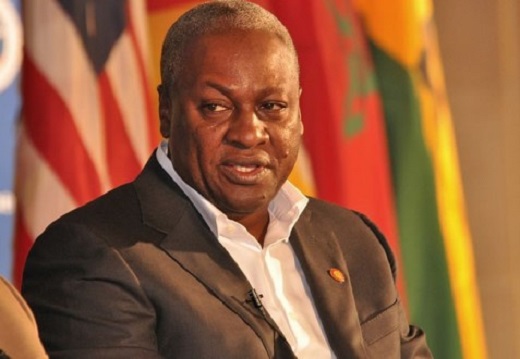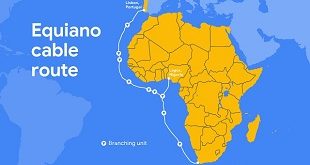
Accra, Ghana | AFP |
Ghana’s President John Mahama conceded defeat Friday two days after a hotly contested election, seen as a test for a country generally viewed as a beacon of stability in west Africa.
Mahama called to congratulate opposition leader Nana Akufo-Addo, whose supporters had already gathered outside his modest house as media had given him a clear lead after Wednesday’s polls.
“Yes he has conceded defeat,” George Lawson of Mahama’s New Democratic Congress (NDC) party told AFP, after Wednesday’s nail-biting poll.
“He called to concede and we are ecstatic,” spokesman Oboshie Sai Cofie of Akufo-Addo’s New Patriotic Party (NPP) told AFP.
In the end Akufo-Addo won the presidential election with 53 percent of votes cast, said the country’s electoral commission, whose head Charlotte Osei pronounced Akufo-Addo’s victory Friday evening, calling it her “privilege”.
The erudite 72-year-old human rights lawyer’s victory tapped into an electorate fed up with economic fiascos and corruption scandals, on a platform promising to boost growth and deliver jobs.
CLICK TO READ RELATED STORY: GHANA: President-elect Nana Akufo-Addo
In the garden of Akufo-Addo’s house in the country’s capital of Accra, a jubilant crowd — almost all in head-to-toe white, a symbol of victory — had been dancing on the lawn for hours.
At one point, they broke out in an enthusiastic a capella rendition of Ghana’s national anthem.
Outside in the streets, a crowd of hundreds dressed in NPP colours of red, white and blue blowing horns and whistles had been gathering for hours.
The high stakes race between Akufo-Addo and incumbent Mahama has been seen as a litmus test of the stability for one of Africa’s most secure democracies.
Ghana’s president-elect @NAkufoAddo delivering his victory speech. #SABCNEWS #GhanaDecides pic.twitter.com/DfmnJe3Tqg
— Sarah Kimani (@sarahkimani) December 9, 2016
Fears of widespread violence erupting during the election never materialised, with a generally peaceful voting day followed by calm as the official results trickled in.
“I think Ghanaians should be extraordinarily proud of themselves,” Ambassador Johnnie Carson of the National Democratic Institute, an election observer.
‘Gold standard’ elections
“Ghana has distinguished itself in the last two and a half decades with integrity and transparency,” Carson said.
“It is a gold standard for democracy in Africa.”
Yet while the European Union Election Observation Mission said that Ghana “largely escaped the violence many had feared” it pointed to other areas of concern.
“The misuse of incumbency, including unequal access to state media, and unaccountable campaign financing were areas Ghana could address in the future,” said the electoral observers in a statement.
‘Disappointing’ turnout
Election commission head Charlotte Osei told reporters that turnout was around 49 percent.
“This is way below our history in elections so far and it’s quite disappointing,” she said.
However independent observers from the US-based National Democratic Institute (NDI) said 69 percent of the electorate had cast ballots.
Akufo-Addo will serve a four-year term in the former British colony, a once booming country that has seen its economy slow, currency deteriorate and inflation soar.
Mahama, who came to power in 2012 after beating Akufo-Addo, has urged voters to “stay the course”, promising to deliver more infrastructure projects.
Akufo-Addo was making his third bid for the top job.
His NPP has blasted Ghana’s poor economic growth rate — estimated at 3.3 percent in 2016, the lowest rate for two decades — and laid out a radical vision to transform the country’s economy.
Ghana is the world’s second biggest producer of cocoa after Ivory Coast and Africa’s second biggest gold producer after South Africa.
But it was forced to turn to the International Monetary Fund (IMF) in 2015 for a bailout as global commodity prices tanked.
 The Independent Uganda: You get the Truth we Pay the Price
The Independent Uganda: You get the Truth we Pay the Price



